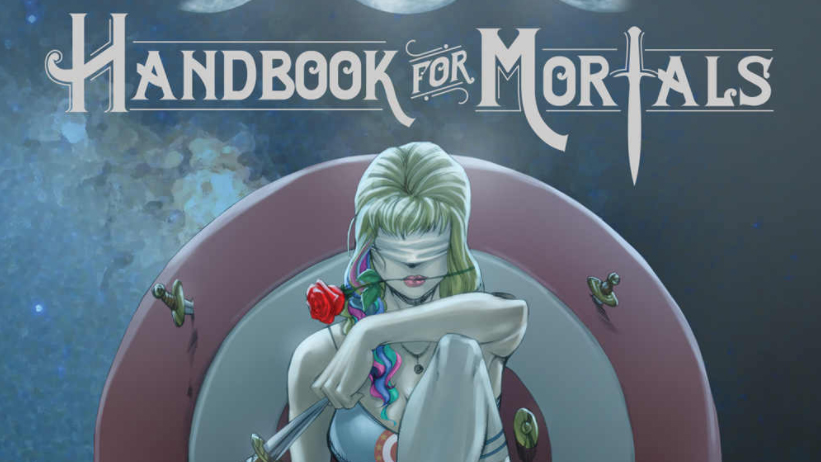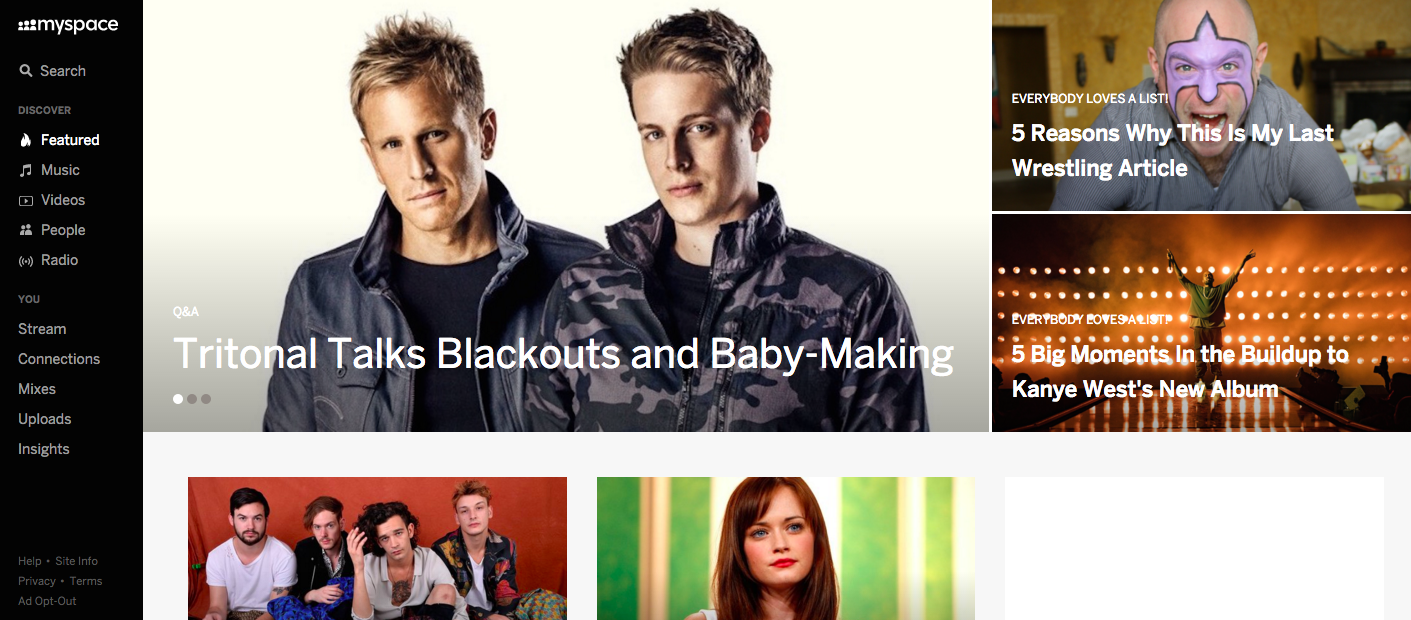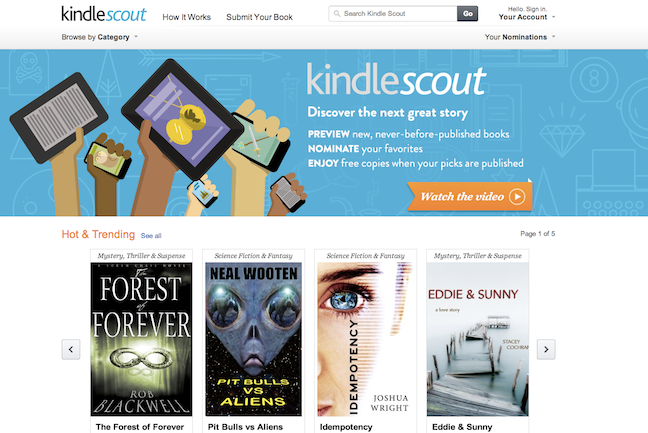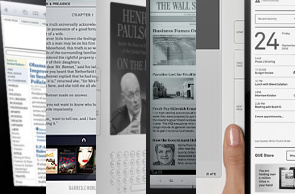The New York Times bestseller list is, at this point, an institution. Reaching number one is a coveted spot that not only allows you to sell more copies of your book, but also lets you put “NYT Bestselling Author” in front of your name on your next one. The prerequisite for the list, is, of course, selling lots of copies of your book. So how did a book that barely exists and nobody ever heard of manage to become a bestseller? [More]
publishing
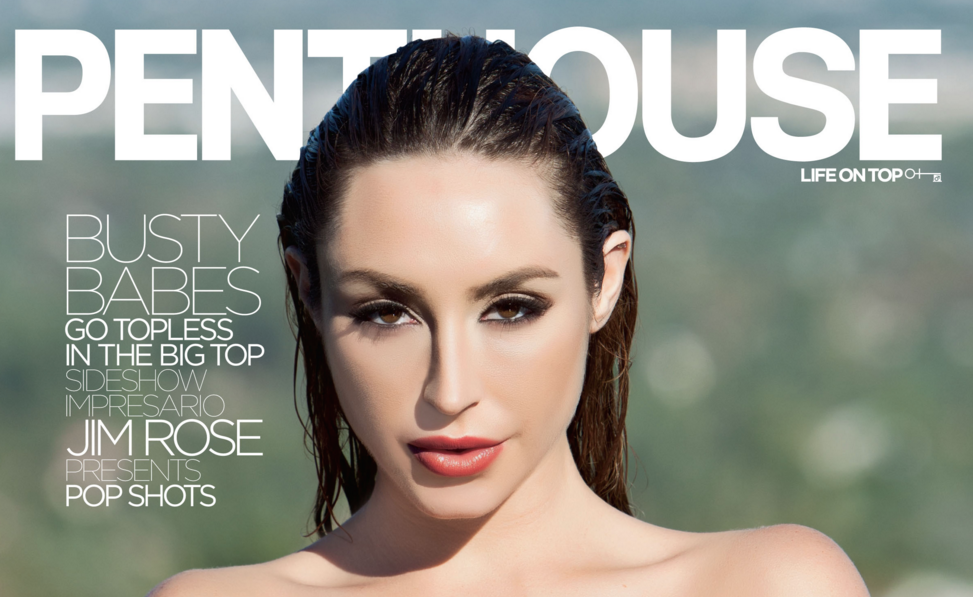
Penthouse Keeping Magazine, Citing The “Gravitas” Of The Printed Page
Don’t put down that pen just yet, Penthouse readers: your letters to the magazine could still end up in an issue on the newsstand in the near future. Penthouse’s editors say the magazine won’t be going online-only… at least not at the moment. [More]

Amazon, Penguin Random House Avoid Dispute, Reach Deal For Physical & Online Book Sales
Public feud avoided. Less than a month after reports began swirling that Amazon and the world’s largest book publisher Penguin Random House could potentially come to blows over a new contract for online book sales, the two entities have reached a long-term agreement. [More]
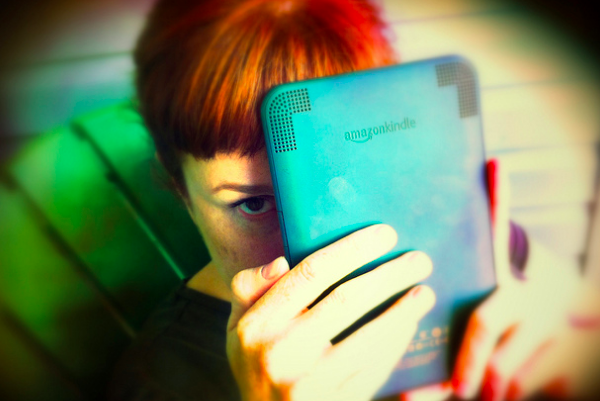
Could Amazon & Penguin Random House Be Headed For A Hachette-Level Feud?
Almost exactly a year after Amazon and book publisher Hachette entered a very public feud over an e-book pricing dispute, the mega online retailer is reportedly on the cusp of engaging in a new battle with the world’s largest book publisher, Penguin Random House. [More]
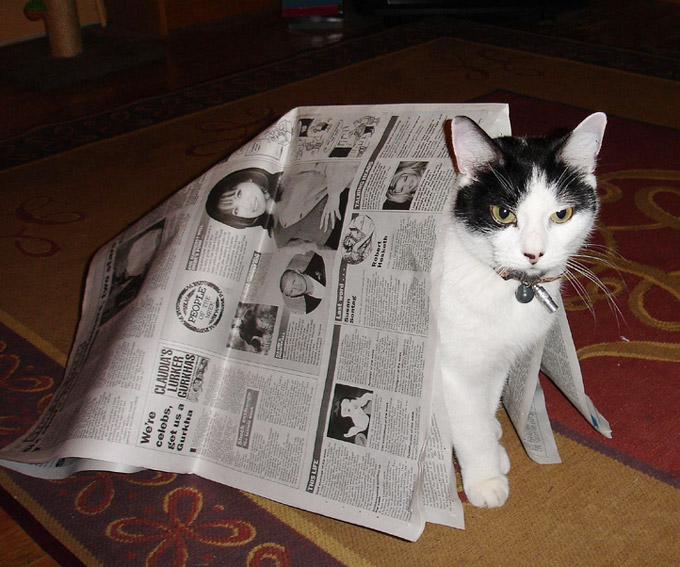
Would You Pay 20¢ To Read One Wall Street Journal Article?
As more news consumers have started to migrate online instead of getting their news in dead-tree form, this has caused problems for the entire business model of publishing. It raises an interesting question, though: what if there were a news equivalent of buying the one song you like from a new album for 99¢ or less? That option may be coming soon to our national newspapers like the New York Times, Wall Street Journal, and Washington Post. [More]
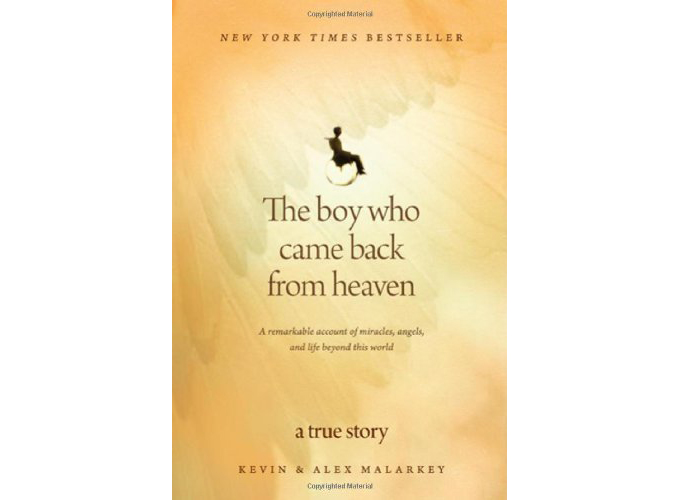
Publishers Pulling Book About Boy Dying, Going To Heaven Because Boy Didn’t Die, Go To Heaven
Almost five years after the release of The Boy Who Came Back from Heaven, publisher Tyndale House says it’s yanking the book from shelves immediately. This, because the “boy” and co-author of the tome, Alex Malarkey, says the book is literally malarkey because he didn’t die and thus, did not go to heaven. [More]
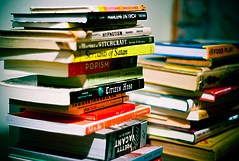
Will The Marriage Of Penguin & Random House Send Book Prices Soaring?
They’re going to the chapel and they’re gonna get married: Book publishers Penguin and Random House will become one after their parents company complete an upcoming merger. If the merging of companies in other industries is any indication, this new union could produce higher book prices as the two cease competing, as well as a possible dearth in the selection of titles. [More]
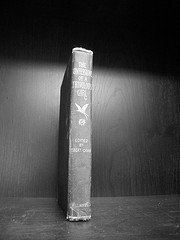
Author Opens Book Store To Sell His Book And Only His Book
At a small book store in NYC’s West Village, there are shelves labeled “Best Sellers” and “Sale,” but even a quick scan of the spines will reveal something: They’re all the same book. In fact, all 3,000 or so volumes stacked and shelved in Ed’s Martian Book store are the same. [More]
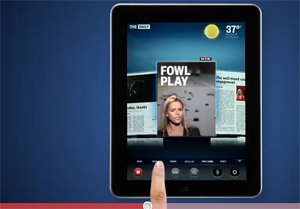
The Daily: Will Murdoch's Fancy New iPad Newspaper Save Publishing?
Probably not. But it does have lots of widgets and video modules. [More]
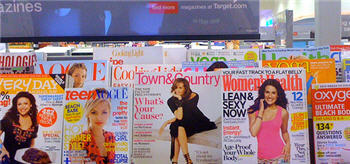
Retailers Do Not Want To Sell Magazines, Porn, Porn Mags
Add this to the woes facing the magazine industry: retailers are cutting back on the space they allocate to print products, and many are outright banning titles that show a little skin. Over the last three years, 18,000 North American retailers stopped carrying magazines, an 11.3% decline. [More]
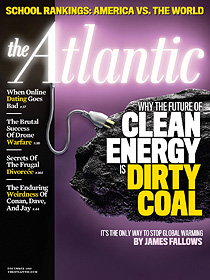
Atlantic Is Profitable, Thanks To Culture Shift And Checks
Defying the notion that the magazine business is careening at the edge of a digital abyss, the venerable Atlantic is about to turn its first profit in over ten years. The magazine cites a cultural shift that had employees think of themselves as “a venture-capital-backed start-up in Silicon Valley whose mission was to attack and disrupt The Atlantic.” [More]
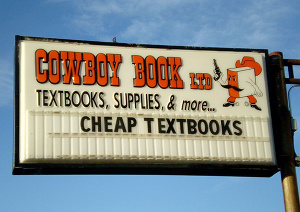
Tips For Saving Money On Textbooks
The second half of summer is “complain about textbook prices” season, and last week the New York Times put together a special section on the topic and asked experts to weigh in. Too many of the contributors just provide an overview of the situation but no solutions; a publishing industry representative actually defends textbook prices as trivial compared to other educational costs. Fortunately Anya Kamenetz, who writes for Fast Company, suggests Flat World Knowledge. And to be fair, the guy who defended textbooks prices suggests CourseSmart for ebook rentals. The Times also asked students, professors and parents to weigh in with advice. [More]
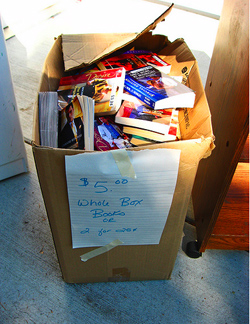
Readers Dig Dirty Books, Boost Publishing Industry
If any industry needs a little help to get business to be booming, it’s publishing. And aid is coming from an unlikely source — erotic books could be the savior of the swiftly sinking business of book publishing, MSNBC’s Brian Alexander reports. [More]
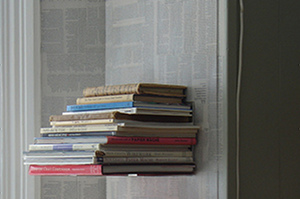
Is It Okay To Download A Pirated Copy Of A Book You Already Own?
Yesterday we wrote about someone who downloaded a pirated copy of a game after he couldn’t gain access to the copy he’d already paid for. In that case, which most of our commenters supported, it was clear that the consumer was trying to resolve a problem created by the DRM. But what about if you own a printed copy of a book and you simply want to read the ebook version? Should you have to pay for a second copy? Randy Cohen, who writes the The Ethicist column for the New York Times, says downloading a copy you find online is ethical. [More]
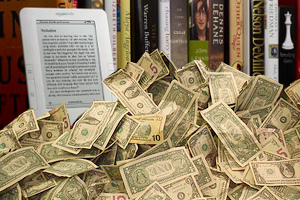
Publisher: "If You Can Afford An Ebook Device, You Can Pay More For Ebooks"
Imagine trying to buy a book from Big Generic Bookstore and watching the cashier add $5 to the sticker price. “What are you doing?!” you cry out, waving a fist menacingly at him. “You look like you can afford it,” he says back to you with a hint of entitltement. That’s basically what a publishing industry expert said in a piece he wrote last week about ebook pricing. [More]


